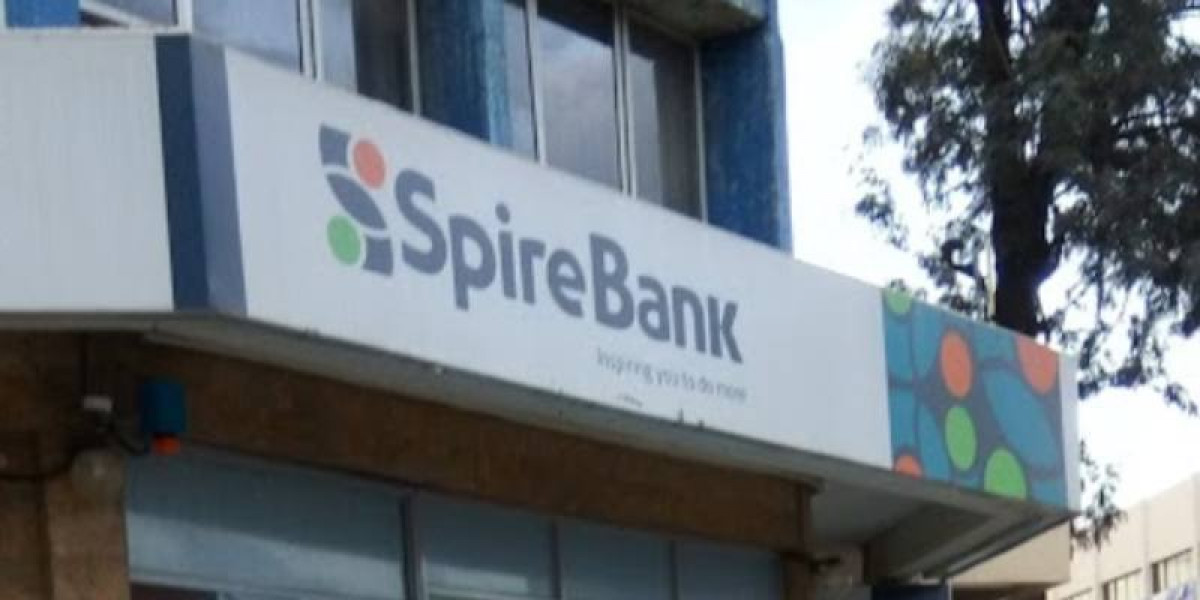Teachers represented by the Mwalimu National Sacco have eased Spire Bank capital woes following their recent conversion of deposits held in the lender into share capital.
Earlier this year, the Sacco converted deposits worth Ksh.3.4 billion as a means to plug the bank’s depleted capital base.
Subsequently, the latest financial disclosures from the bank in six months ended June shows Spire’s core capital has improved from a negative position of Ksh.3.1 billion to a deficit of Ksh.1.8 billion.
Despite the ease, Spire Bank remains in breach of the Central Bank of Kenya (CBK) capital rules which would require an additional injection of at least Ksh.1.8 billion to meet the regulatory requirements.
Deposits in the bank fell by a notable 63.5 per cent in the six months to Ksh.1.9 billion from Ksh.5.2 billion following the deposit conversion by teachers.
Spire Bank nevertheless made savings from the reduction in deposits as its total interest expenses fell by 61.6 per cent in the same period to Ksh.85 million from Ksh.221.1 million in June of 2021.
The lower interest costs have helped Spire Bank realize an operating income of Ksh.70.3 million in the period from a loss of Ksh.4.5 million previously.
Meanwhile, the bank’s total operating expenses have fallen by 7.3 per cent to Ksh.470.9 million in the period from Ksh.507.8 million on lower loan-loss provision and staff costs.
Spire’s asset base has nevertheless shrunk by 22.2 per cent to Ksh.3.5 billion as net loans and advances to customers narrow by 26.1 per cent to Ksh.1.7 billion from Ksh.2.3 billion.
Mwalimu National Sacco which makes for the bank’s majority shareholder has in recent months explored a variety of options to put Spire Bank back on its feet including a potential disposal of the bank’s assets.
The teachers who wholly own the bank today have previously converted deposits estimated at Ksh.1.7 billion to support the bank’s operations.
In six months of operations to June, Spire Bank has trimmed its losses to Ksh.403 million from Ksh.512.9 million previously on lower costs.
